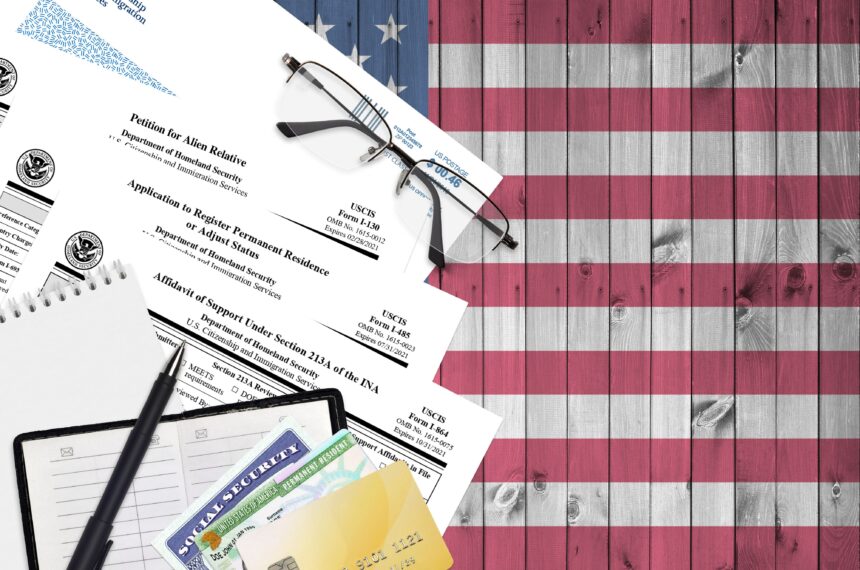When preparing to submit an Affidavit of Support, there are several documents to consider. For starters, those submitting an Affidavit of Support must gather proof that they have the necessary financial resources to support the additional intending immigrant(s). This evidence could include a copy of the sponsor’s most recent federal income tax return, along with evidence of their current income such as pay stubs, W-2 forms, or documents from employers. Additionally, sponsors must provide evidence of any other assets, such as bank statements, investment accounts, or real estate holdings.
In addition to the financial documents, those submitting an Affidavit of Support must complete Form I-864, Affidavit of Support, for each intending immigrant. This form must be signed by the sponsor. Following these steps is the best way to ensure that the Affidavit of Support is accepted and that the intending immigrant is able to move forward with the next steps in the immigration process. Taking the time to ensure that all the necessary documents are gathered and submitted will save time and hassle in the long run.
What Documents Does the Petitioner Need to Submit?
When preparing an Affidavit of Support, the petitioner must provide a checklist of required documents. This checklist includes a copy of the petitioner’s birth certificate, passport, Social Security number, proof of legal residency or citizenship, and proof of employment. The petitioner must also provide proof of their income and financial status, including copies of their tax returns, bank statements, and any relevant tax forms such as W-2 and 1099. All of these documents are required for the petitioner to apply for an Affidavit of Support, and must be provided in order to meet the requirements of the application.
What Documents Do Household Members Need to Submit?
The process for filing an Affidavit of Support can be a complex and lengthy one. It is important to have a checklist of required documents to ensure that the process is completed accurately and in a timely manner.
The first document necessary for filing an Affidavit of Support is the petitioner’s proof of US citizenship or lawful permanent residency. Also needed is a copy of the petitioner’s tax returns for the most recent 3 years. Proof of current income in a form of current employment verification letter is also a required document for filing an Affidavit of Support. This includes bank statements, tax returns, and evidence of employment.
Having a clear and comprehensive checklist of documents that are necessary to file an Affidavit of Support is essential to a successful application. By collecting all the required documents, applicants can rest assured that their application will be completed quickly and accurately.
What Supporting Documentation is Required for the Joint Sponsor?
When applying for an Affidavit of Support, it is important to have all of the necessary documents in order to complete the application process. The following checklist of documents is required from joint sponsors to satisfy the requirements for an Affidavit of Support:
•Joint Sponsor’s most recent federal tax return: The joint sponsor is required to provide their most recent federal tax return in order to demonstrate their financial resources and ability to support the sponsored immigrant.
•Proof of joint sponsor’s current employment: The joint sponsor needs to provide evidence of their current employment and a signed statement of employment from their employer in order to demonstrate their financial stability.
•Joint sponsor’s last 12 months pay stubs: The joint sponsor must provide their last 12 months pay stubs as evidence of their current income.
•Joint sponsor’s most recent bank statements: The joint sponsor can provide their most recent bank statements in order to demonstrate their financial resources and ability to support the sponsored immigrant.
•Joint sponsor’s US birth certificate, green card or naturalization certificate: The joint sponsor must provide either their birth certificate or naturalization certificate in order to prove their U.S. citizenship or lawful permanent resident status.



